New research from Women’s Sport Trust (WST) shows that awareness of women’s sport sponsorship has reached a new high, with 28.9 million UK adults now aware of at least one partnership. The findings reveal a clear commercial opportunity, with women’s sport delivering strong brand connection, emotional resonance, and high levels of purchase consideration.
The Consumer View report updates WST’s 2023 research exploring how women’s sport sponsorships are resonating with fans and driving brand impact. Developed with research support from ONSIDE, the report analyses 40 partnerships and includes case studies showing how brands across sectors are delivering real value through smart, purpose-led investment.
- 9.96 million consumers are more likely to buy from a brand that sponsors women’s sport (vs. 8.38m for men’s sport) – up 2% since 2023.
- 30% of consumers think more favourably of companies or brands that support women’s sport through sponsorship (vs. 20% for men’s sport).
- 43% of UK adults feel more positive towards brands that support their local community through women’s sport
“Women’s sport sponsorship works – but it works differently”, says Tammy Parlour, CEO of Women’s Sport Trust. “It demands a different lens, different activations, and a sharper focus on relevance, values, and storytelling.”
“The brands seeing results are those showing up consistently and meaningfully. The message is clear: brands that act now can help shape the future of women’s sport, and win consumer trust in the process.”
Women’s Sport Drives Brand Positivity and Purchase Intent
The report found that thirty percent of consumers say they feel more favourable towards brands that support women’s sport through their sponsorship, compared to just 20% for men’s sport. This translates into behaviour, too, with 9.96 million adults more likely to buy from a brand that sponsors women’s sport, a figure that has grown 2% since 2023. Brand ambassador partnerships with female athletes also carry more weight, with 30% of consumers feeling more positive about the sponsoring brand having brand ambassador partnerships with female athletes, versus 23% for male athletes.
On certain metrics, non-traditional sports sponsors are outperforming legacy sport brands. Beauty, family and lifestyle companies, including Il Makiage, Joie, Rexona and Clinique, are leveraging the emotional connection and storytelling potential of women’s sport to reach new audiences. Many of these brands are achieving 70%+ positivity and up to 46% consideration among those aware of the sponsorship.
Values Led Investment Builds Loyalty and Trust
Brands that reflect fans’ values, by tackling inequality, supporting community, or investing in the long-term future of women’s sport, gain stronger consumer sentiment and loyalty. More than half of all UK adults (52%) believe brands should use their women’s sport sponsorships to drive positive social change, not just promote products. Support for addressing inequality is particularly strong, with 45% feeling more positive towards brands that address the inequality of opportunities provided to women and girls in grassroots sports, and 54% of young adults (18-34 year-olds) responding positively to brands that help address issues that impact on female participation in sports. For brands seeking lasting connection, women’s sport offers a clear opportunity to lead with values and deliver meaningful impact.
Community-level engagement is one way this values-led approach is resonating. Thirty-three per cent said sponsorship of women’s sport at community/grassroots level would make them more likely to recommend the brand to family/friends, compared to 31% for men’s sport. In addition, 30% agreed that if price was taken out of the equation, they would choose one brand over another if they were involved in women’s sport sponsorship at community/grassroots level, compared to 28% for the equivalent men’s sponsorship. Local presence matters too: 43% feel more positive towards brands that engage local communities through their women’s sports sponsorships.
The Time Has Never Been Better To Invest In Women’s Sport
Athlete-led sponsorships continue to stand out as particularly powerful. Among consumers familiar with these partnerships, 64% feel more positive towards the sponsor, especially when the sponsorship reflects identity, wellbeing, and representation alongside athletic performance. These athlete associations are also becoming a key route to building trust and relevance with younger, values-driven audiences.
The long-term potential is clear – 68% of UK adults want brands to invest in the future of women’s sport, not just short-term visibility. This suggests a clear opportunity for brands to stand out by showing up early and meaningfully in women’s sport, whilst the market matures.
Parlour concludes, “If women’s sport is to thrive commercially and culturally, brands need to focus on what really drives results – relevant, values-led activations that connect with fans and deliver business outcomes. This report shows that brands willing to invest meaningfully now can help drive sustainable growth, and unlock lasting trust, loyalty, and commercial return in the process.”
This consumer report follows WST’s latest Visibility research. WST’s regular visibility reports track how and where women’s sport is showing up, while our commercial insight work helps translate that visibility into confidence for investment.
